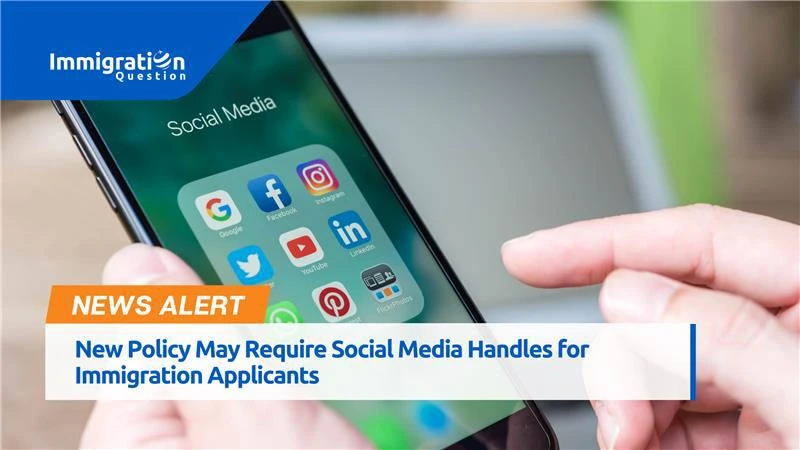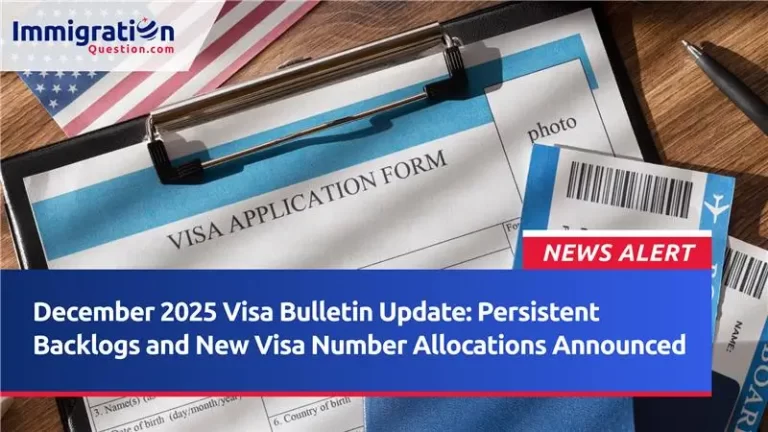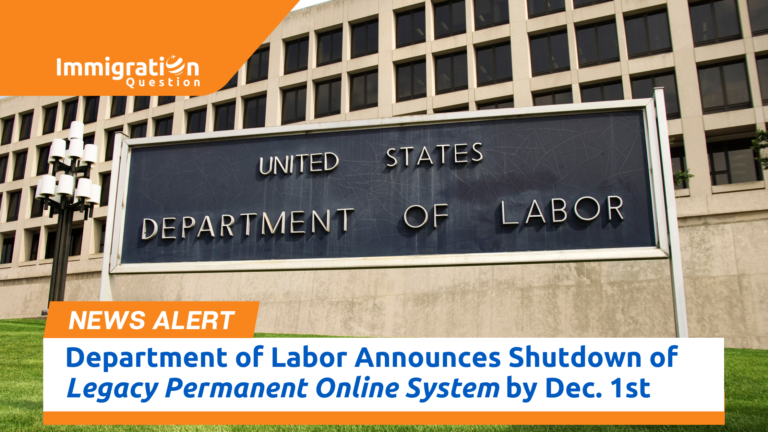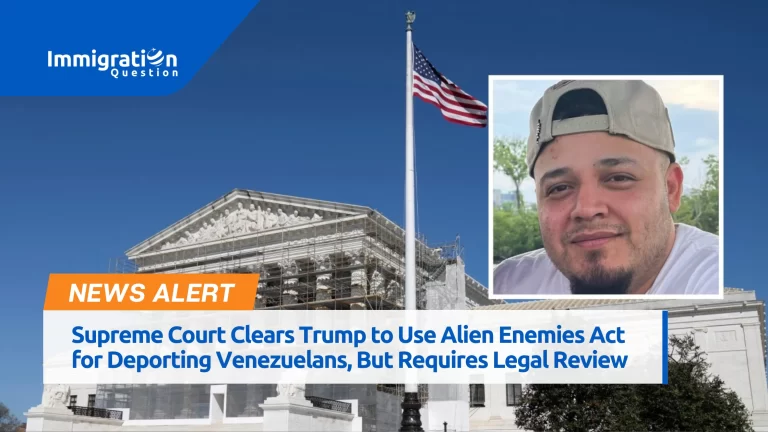U.S. immigration officials are thinking about ramping up how they screen social media for green card, asylum, and citizenship applicants, which is raising concerns about privacy. Critics say it might hurt free speech, while officials claim it’s all about security. The policy is open for public comments until May 5 and could affect millions of people looking for immigration benefits in the U.S.
Plans for More Social Media Monitoring
Immigration authorities are looking to broaden social media data collection for those applying for various immigration benefits, like green cards and citizenship. The Department of Homeland Security (DHS) has put out a 60-day notice for public feedback. This move is part of an executive order that focuses on national security and immigration vetting.
The proposed rule would ask applicants for their social media handles, raising concerns from advocates for immigration and free speech. Critics see this as a big step beyond past monitoring efforts, now including individuals already legally in the country who have been checked before.
Background on Social Media Screening
The U.S. has been monitoring social media as part of immigration vetting for over ten years, with a noticeable increase in recent times. This practice gained traction during the Obama administration in 2014 and expanded under Trump. In 2017, social media checks became mandatory for visa applicants, extending to almost all foreigners wanting U.S. visas.
Government agencies argue that social media checks help spot fraud, fight identity theft, and improve security. Officials insist that these actions are crucial for identifying those who might be a threat to national security, public safety, or American values. On the flip side, critics argue these measures can lead to privacy breaches, misreading online activity, and possible discrimination.
Privacy and Free Speech Concerns
Civil rights organizations are concerned about the impact this policy will have on privacy and free speech. They are of the opining that people’s expressions, political beliefs, and online speeches could be misinterpreted, further resulting in unjustified visa denials or even worse, deportations. The First Amendment protects free speech for everyone in the U.S., including non-citizens, making it tricky to penalize folks based on their online activity.
This proposed change is happening when immigration officials have been strict against people involved in political activism. There have been recent cases of visa cancelation due to applicants getting involved in protests that resulted in debates. This emphasizes the impact of social media on immigration decisions.
AI’s Role in Screening
There is a fast-growing interest in the use of AI in monitoring social media with its primary focus on reviewing immigration applications. Experts warn that AI isn’t perfect, as there are tendencies of missing important context. This could lead to mistakes or leaving out crucial details.
Former USCIS officials say that even with AI helping with initial checks, human judgment is still important when looking at cases.
Looking Ahead: New Policy May Require Social Media Handles for Immigration Applicants
With the public comment period running until May 5, discussions on this policy are heating up. Privacy advocates, legal professionals, and immigration rights organizations will probably oppose the changes, highlighting the possible harm they could cause to civil liberties.
Millions of people who apply for immigration benefits annually may be impacted if this policy is implemented. It also signifies a change in the way the government handles national security and digital surveillance.
Future immigration laws and the way social media data is handled during the screening process may be influenced by the outcome of this proposal.
To stay updated and informed, watch our news section or drop your immigration questions on immigrationquestion.com and get responses from professional attorneys.










